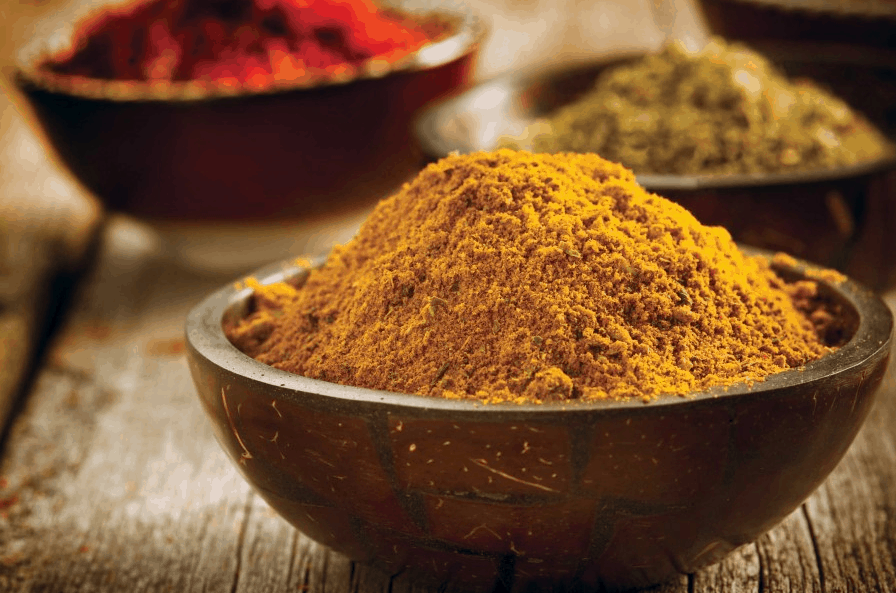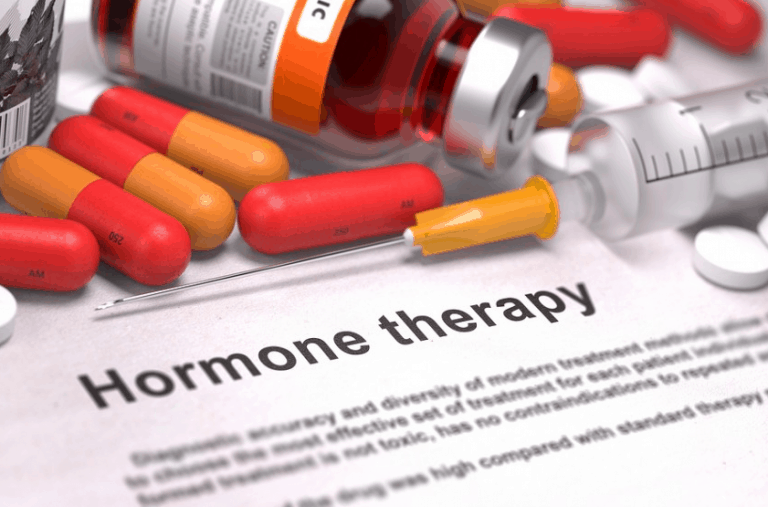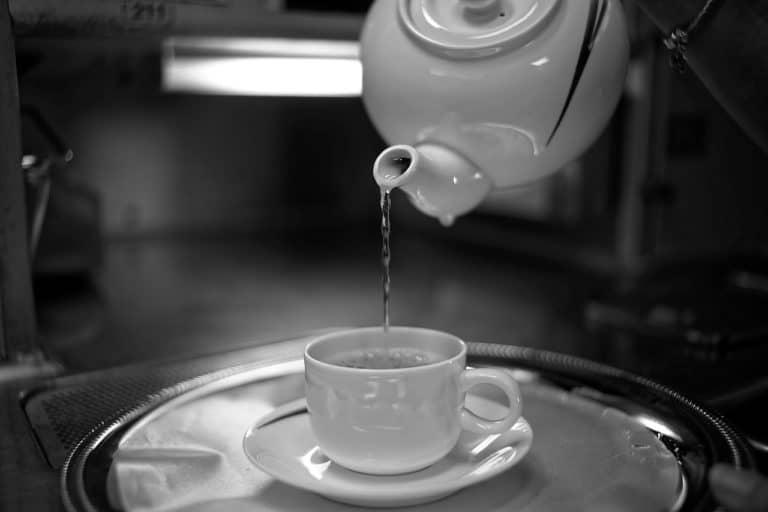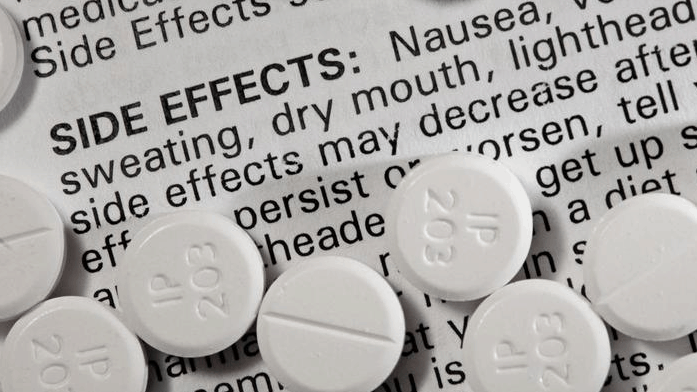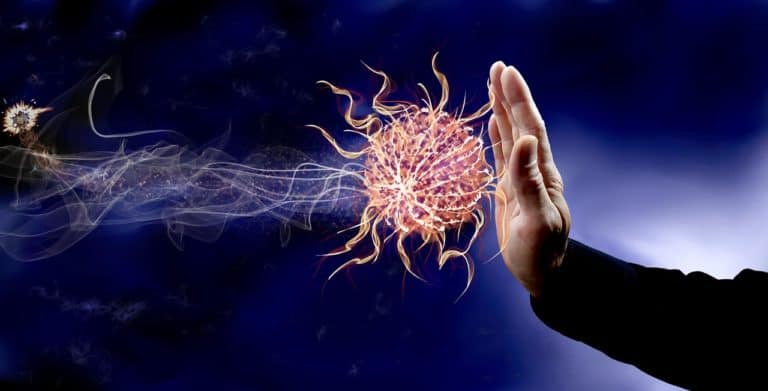It appears we may be able to help starve prostate cancer with food. Researchers have discovered that a combination of apple peels and turmeric, or more specifically, several natural compounds found in these foods, may be a recipe for fighting prostate cancer.
At the University of Texas at Austin, an investigative team tested 142 natural compounds on mouse and human cell lines to determine which ones inhibited the growth of prostate cancer cells. Once the most promising substances were identified, they were tested on mice that had been implanted with prostate tumors. The food-related candidates include ursolic acid (in apple peels and rosemary), curcumin (in turmeric), and resveratrol (in red grapes and berries).
According to corresponding author Stefano Tiziani, assistant professor in the Department of Nutritional Sciences and Dell Pediatric Research Institute at UT Austin, “we developed an unbiased look at combinations of nutrients that have a better effect on prostate cancer than existing drugs.”
Previous research has found that compounds found in various foods can reduce chronic inflammation, which is a risk factor for cancer, because it damages normal cells and thus promotes cancer growth.
For example, a study from Stanford University explored the cancer-prevention properties of several phytochemicals, including curcumin, resveratrol, and ginger (6-gingerol). The investigators found that these food compounds had “direct anti-inflammatory activity” of a specific substance (mitogen-activated protein kinase phosphatase-5) that is intimately involved the development of cancer and may help decrease prostatic inflammation.
In this latest study, the authors noted that the ursolic acid in apple peels, when combined with either curcumin or resveratrol, prevented prostate cancer cells from consuming glutamine, the most abundant amino acid in the bloodstream and a nutrient cancer cells need to grow and thrive. Further work with these and possibly other food compounds may result in more effective and safer ways to treat prostate cancer and other cancers as well.
Read more in our Prostate Cancer Health Center.
References
Lodi A et al. Combinatorial treatment with natural compounds in prostate cancer inhibits prostate tumor growth and leads to key modulations of cancer cell metabolism. Precision Oncology 2017; 1 (1)
Nonn L et al. Chemopreventive anti-inflammatory activities of curcumin and other phytochemicals mediated by MAP kinase phosphatase-5 in prostate cells. Carcinogenesis 2007 Jun; 28(6): 1188-96

